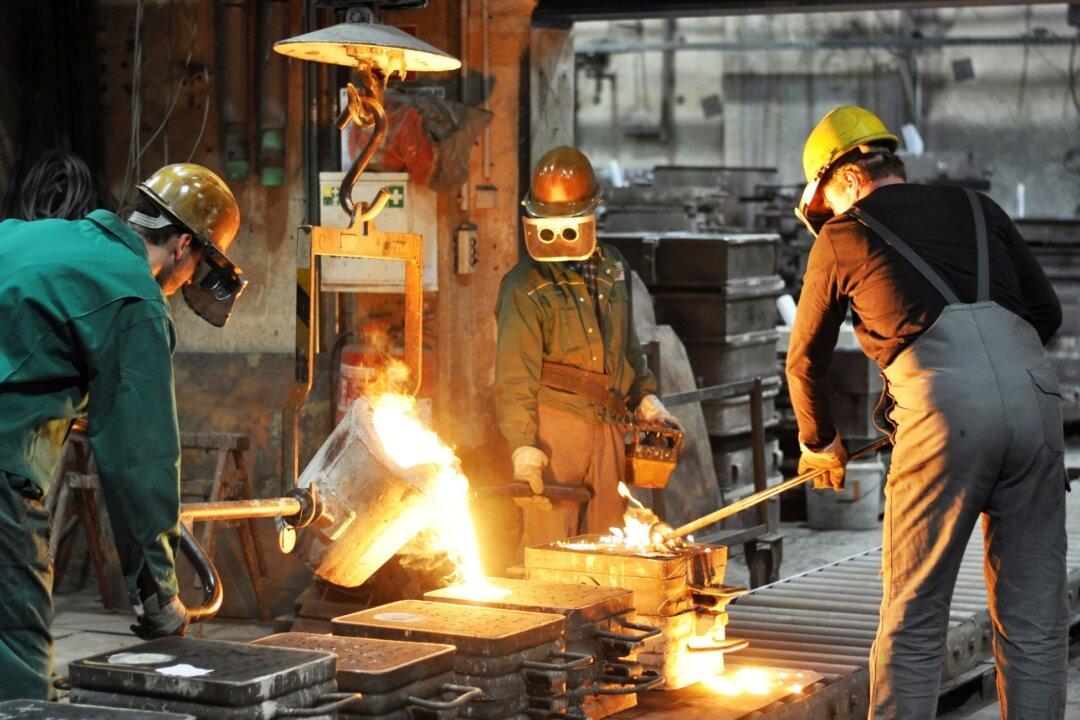Commentary
It took the world—and stock markets—a while to grasp that President Donald Trump’s tariffs aren’t primarily intended to achieve reciprocal tariff parity. Rather, they focus absurdly on rectifying individual trade deficits with specific countries. Notably, these tariffs target only imbalances in goods, conveniently overlooking the United States’ substantial surplus in services.

